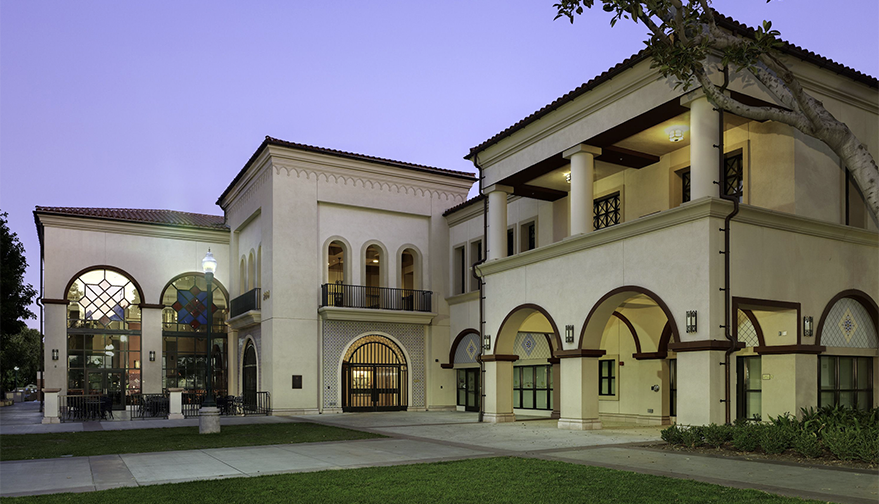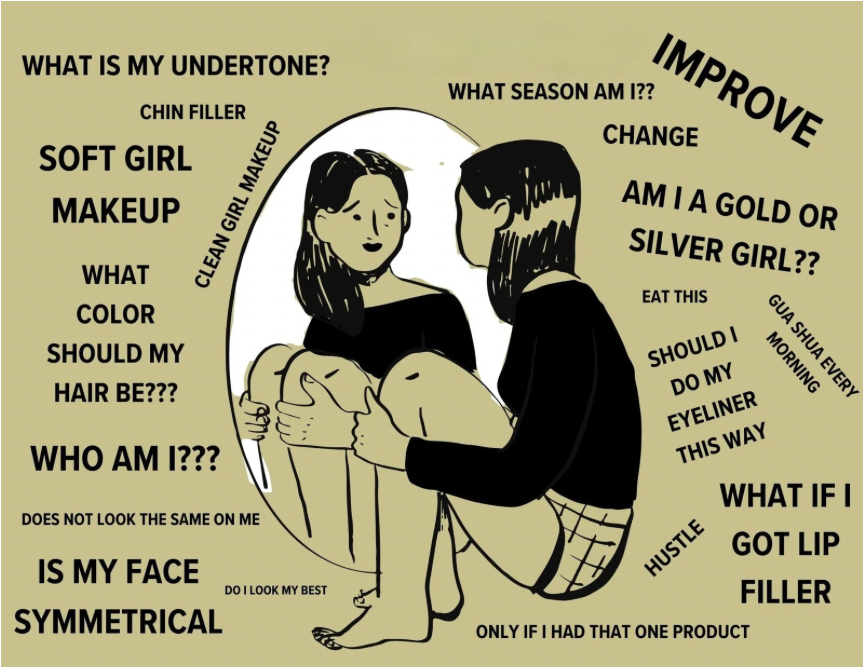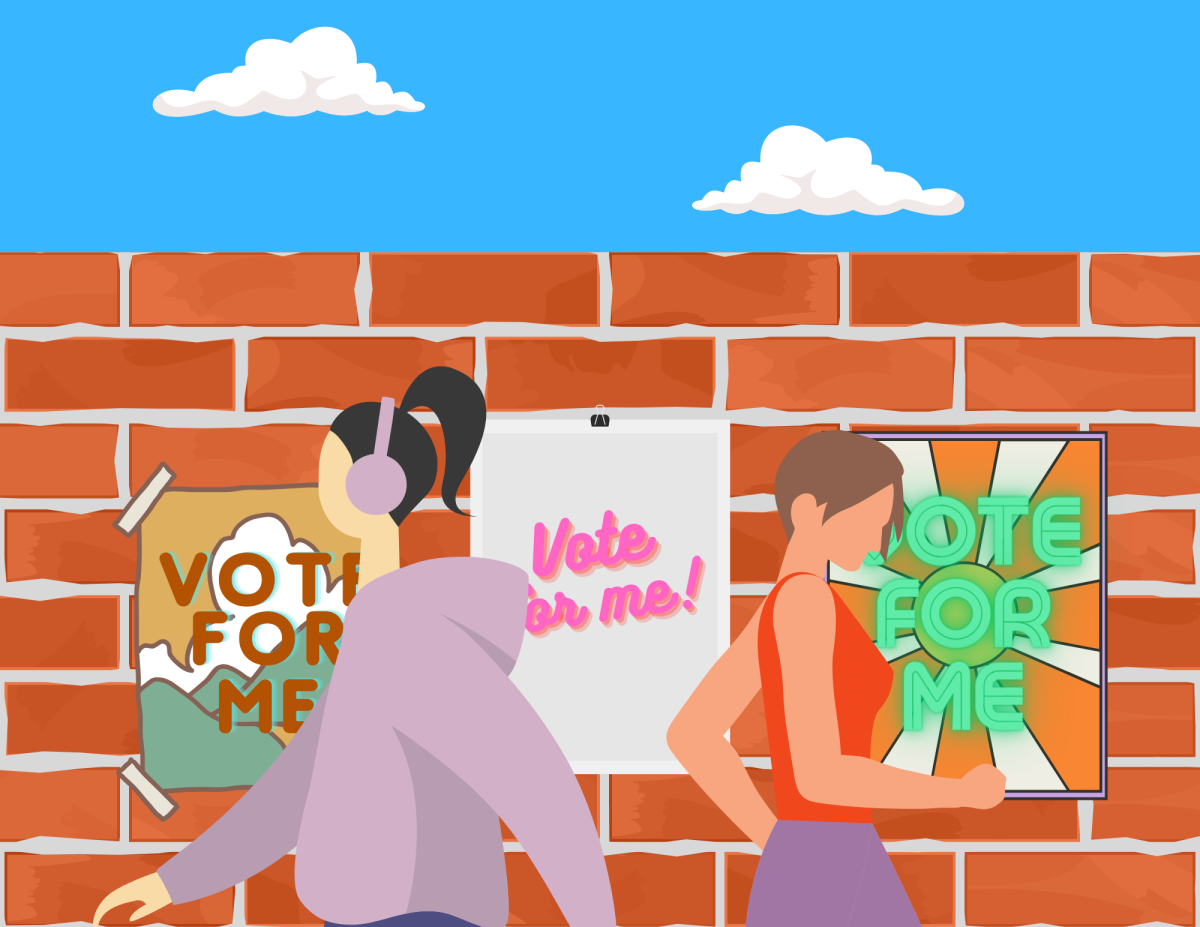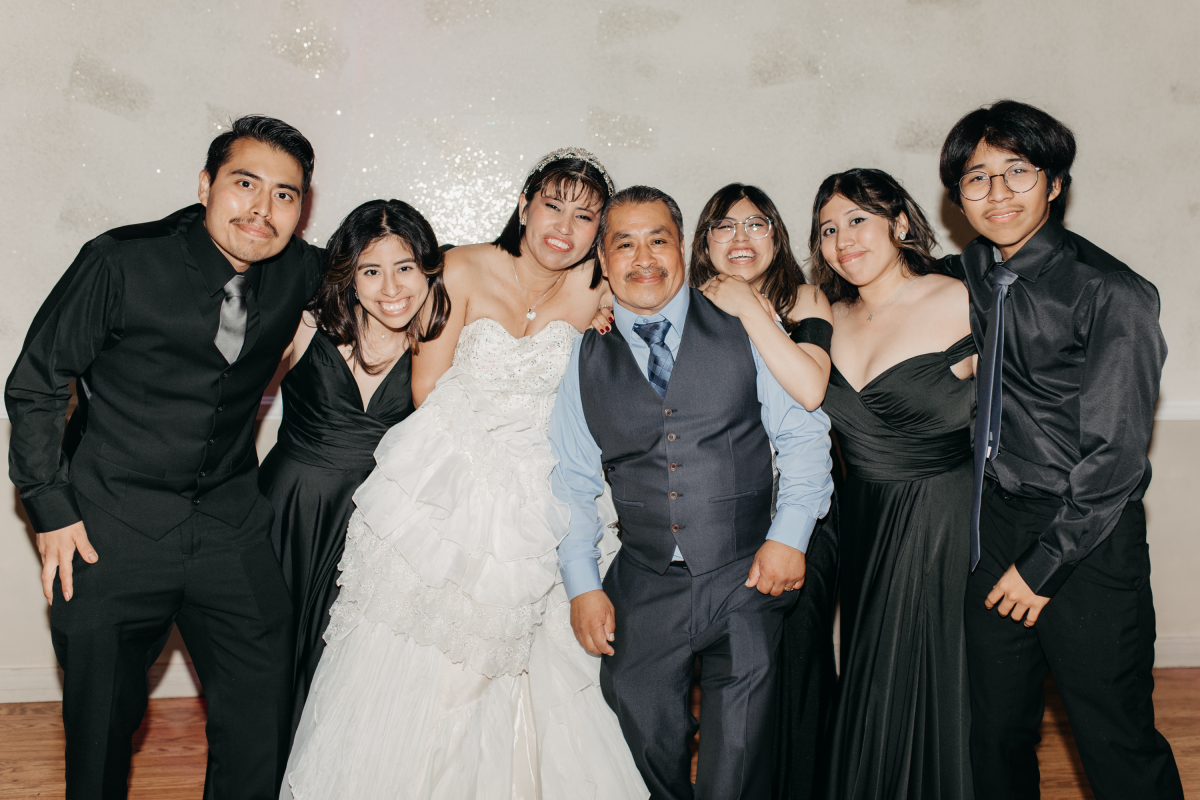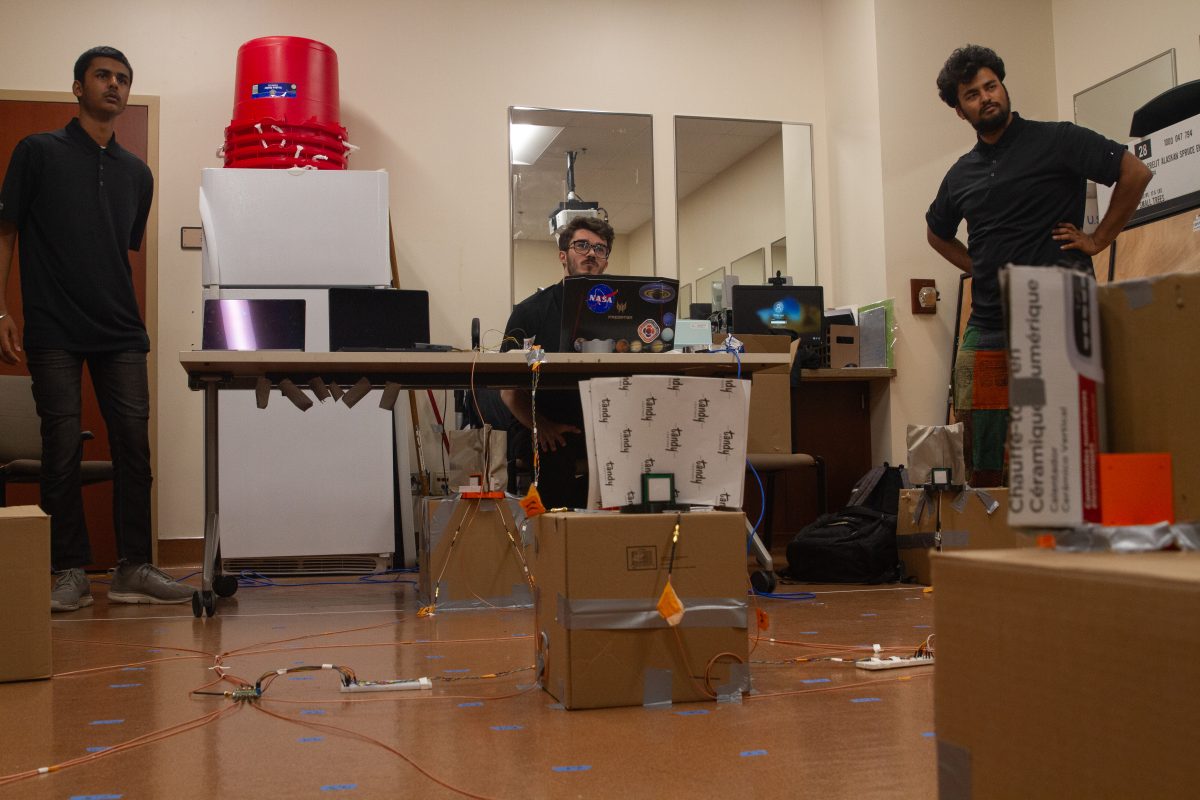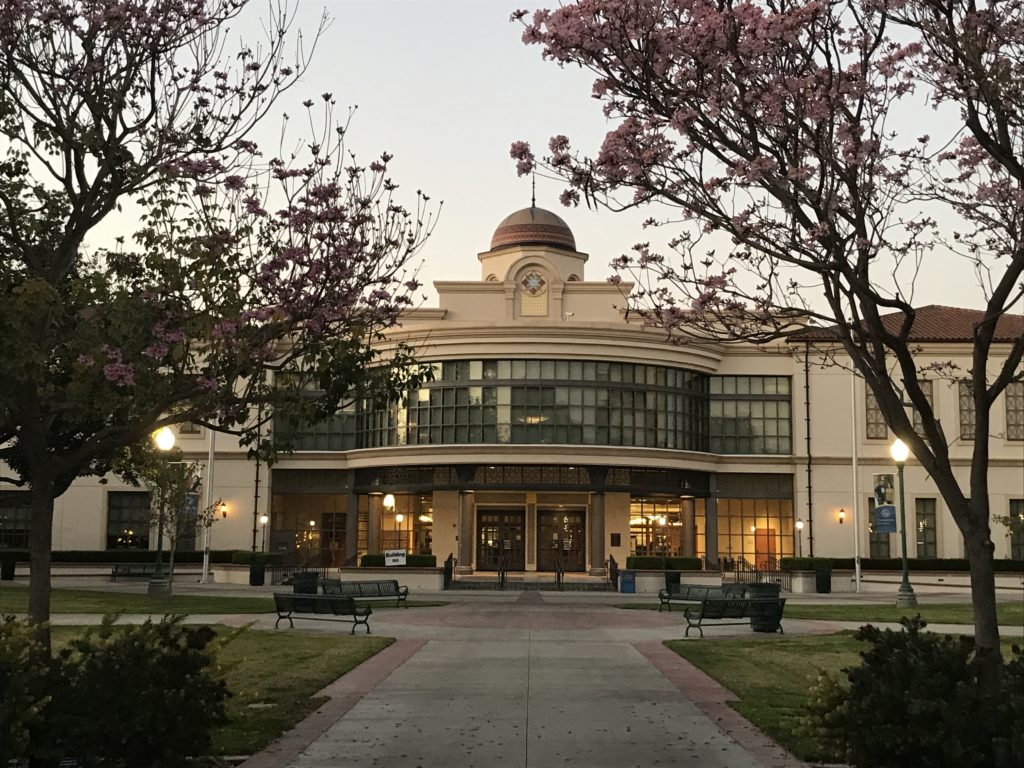*This is the fourth article published through the column “Hay que hablar de México;” a column on regional Mexican music written by reporter Evelyn Salazar.*
On Thursday, April 25, the Latin American Music Awards took place in Las Vegas, Nevada. When Becky G announced that she was going to be a host, she posted to instagram with a message that read “Mood since they told me the show is in Spanglish for the first time in history.”
This was a shock to me, since it had been announced that the award show was going to be aired on Univision.
Univision is a popular Spanish channel that usually airs all of its content strictly in Spanish. Therefore, it made no sense to make a program, especially the Latin AMAs, bilingual.
On the other hand, this is a way to seem more inclusive for the newer generations, as most people’s dominant language is English. Some people that are also of different cultures who enjoy the music or don’t speak Spanish found the show to be more inclusive.
However, music is supposed to be the force that unites the viewers to watch the show. The different language barriers shouldn’t be the main focus of the night, but this show clearly was.
When this year’s program first started, the hosts used about 50% English and 50% Spanish. Honestly, it was very distracting as a viewer because there was just too much going on for my brain to actually pay attention. If I felt like this, I could only imagine what it felt like for the people watching that speak only English or Spanish.
This award show was a hot mess due to the hosts and presenters making clear mistakes, since they switched languages after every sentence.
The goal for doing a Spanglish broadcast was to make it easier for outsiders wanting to be able to watch the program to assimilate to “Latin culture.” However, the Spanglish program made it clear that it’s more important to accommodate other people rather than the Hispanic/Latino audience.
The mission statement said, “We’re not asking them to do it in Spanish. More American artists are trying to tap into the growing influence of the U.S. Latinx population and its culture.”
President of Univision Ignacio Meyer made it clear that this decision was made strictly for more views, since the Latin AMAs are more televised than the American Music Awards. But this seems wrong, because television networks work hard to make us Hispanic/Latino people feel more included and that means an award show strictly for people who produce Spanish music.
It’s almost offensive that the rules have to change because outsiders want to “assimilate” into a different culture because of the growing popularity of what people see as “trends.” As a community, we want to feel heard and not put into categories; our culture should be respected, not seen as expendable when a trend dies down.
Putting all of this aside, the best part of the night was seeing regional music finally being displayed more, and regional and reggaeton music being displayed evenly throughout the night. Not to mention that the most nominated of the night was none other than Peso Pluma.
I think that award shows go deeper than just showcasing and awarding top artists. It shows a community that is united for better representation in a space where the music is important for the viewers watching.
Meyer should really stick to bettering the representation of the Hispanic/Latin communities rather than welcoming outsiders to follow along for the trend.
We should stop accommodating to others because if we really “speak music,” then language barriers shouldn’t matter because music is what is being celebrated.


